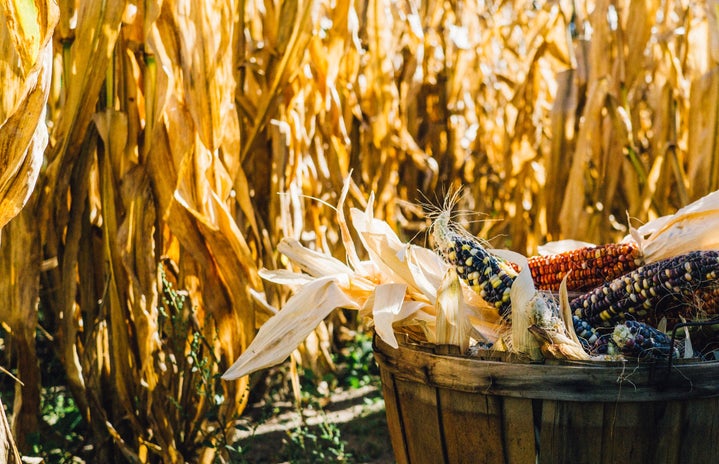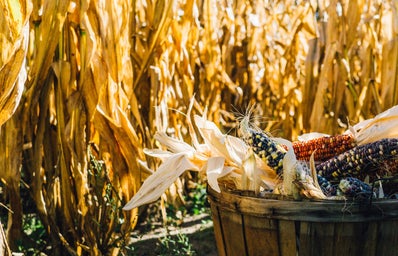Societal concerns over the proper way to address American Indians are not new. You may hesitate over calling someone an American Indian rather than a Native American, though sources prefer American Indian (after their tribal identification), according to Rick Waters, National Director of Tribal Partnerships for the University of Phoenix. But what other stereotypes do you have about Native Americans? Take a look at these 8 things you you might have wrong. (Editor’s note: information search assistance from Shannon Ridgeway)
1. All Native Americans are alcoholics.
According to a study published by the National Institute On Alcohol Abuse And Alcoholism (NIAAA), white people — specifically, white men — are more likely than any other demographic group to drink alcohol on a daily basis, start drinking at a younger age and drive while under the influence of alcohol.
This same study also acknowledges that the alcoholism that does exist within Native American culture is linked to the culture’s history of economic disadvantages and racial discrimination.
In other words, those that do suffer from alcoholism within the Native community may be trapped in a cycle of oppression and hardship that’s difficult to break free from.
2. Native Americans are lazy.
In the United States, we tend to say people are lazy if they lack concrete goals, fail in their education or lack what is known as “work ethic.”
If we use this ethnocentric definition of laziness in examining the Native population, we see that they are far from lazy. 77 percent have a high school degree, and although only 13 percent have a bachelor’s degree, this percentage has doubled within the last ten years.
3. All Native Americans live on reservations.
Actually, there are only 324 federally recognized reservations and as of 2010, only 22% of Native Americans live on them.
4. American Indians receive special benefits and privileges from the government.
Yes, Native Americans often receive educational benefits like reduced tuition and Pell Grants, but so do other historically disadvantaged people, like the disabled and war veterans, but why are American Indians called out for the “special” benefits they receive, while others are not?
By giving Native people educational and monetary advantages, we are simply fulfilling a legal contract in exchange for the cessation of their land. This “special treatment” is not, in fact, special treatment at all, but rather, part of an agreement that still stands today.
5. Native Americans overreact to their likenesses being used in school celebrations or as team mascots.
Here’s the thing: If we want to celebrate Native culture, we must respect it. And this means not making a mockery of it in the name of “school tradition.”
6. Native Americans are spiritual and wise.
While it’s true that Natives have a history threaded with cultural traditions, it would be inaccurate to say that every one of them is spiritual and brimming with vats of wisdom ready to be dispensed at any time.
It’s just like saying that all Canadians are super laid-back, all New Englanders are punctual and all Southerners are hospitable. Having these pre-conceived “positive” notions of qualities that people of certain cultures or ethnicities are supposed to possess only places undue pressure on those who don’t “measure up.”
7. American Indians are animal lovers, tree-huggers and sun-worshippers.
When we think of the Native culture, often the first thing to come to mind is their supposed love of animals — especially eagles and wolves. We also tend to think of Natives as being extreme environmentalists who worship nature and the earth.
Native Americans actually worship a Supreme Being just like other cultures do. The animal-loving stereotype may also have its roots in early European colonization, as early Native Americans observed the behavior of animals to learn how to hunt and survive in undeveloped land, similar to what other hunter/gatherer societies did.
So just because Native American ancestors observed the behavior of animals and tried to understand their environment, doesn’t mean they are tree-worshippers or extreme environmentalists. And even if some are, who are we to judge?
8. Native Americans are all dancers and storytellers.
Again, some traditional dancing and storytelling is part of Native culture — just like the tango and merengue are part of Latin culture and gospel music is part of African culture.
But to say that all Natives are rain-dancers is just like saying that all Latin Americans dance like Ricky Martin, all Africans have great singing voices and that all Jewish people are good with money. And therein lies the problem: If we already believe something about someone, what motivation do we have to get to know them as individual people?

